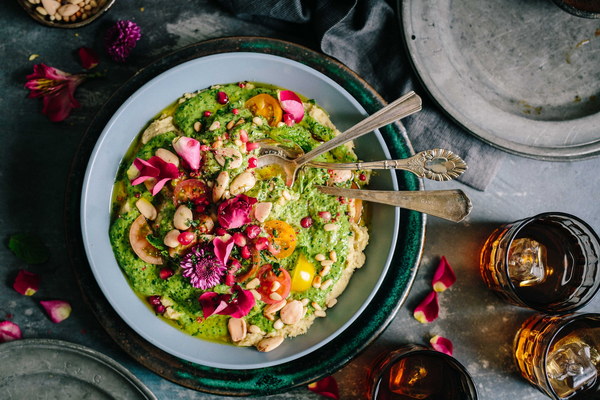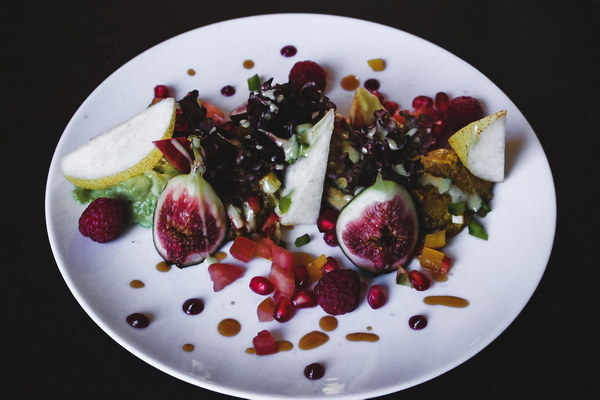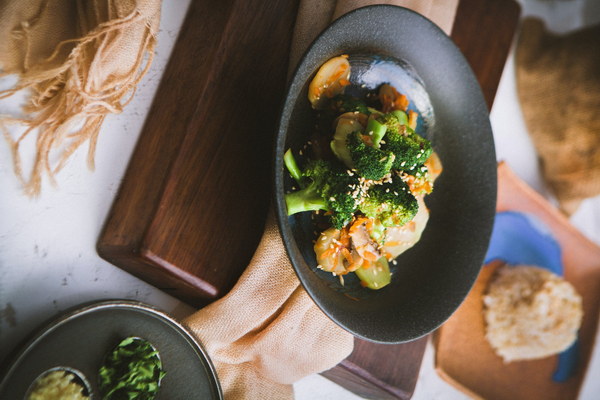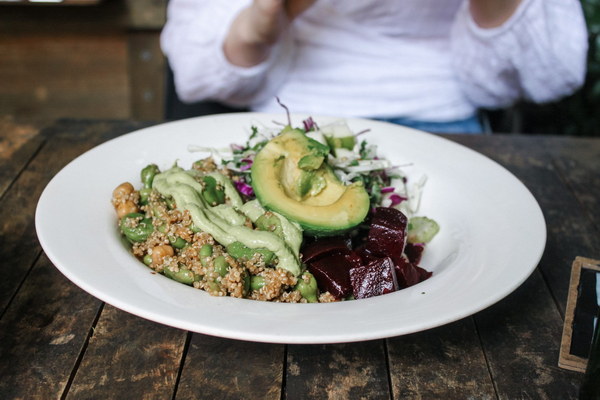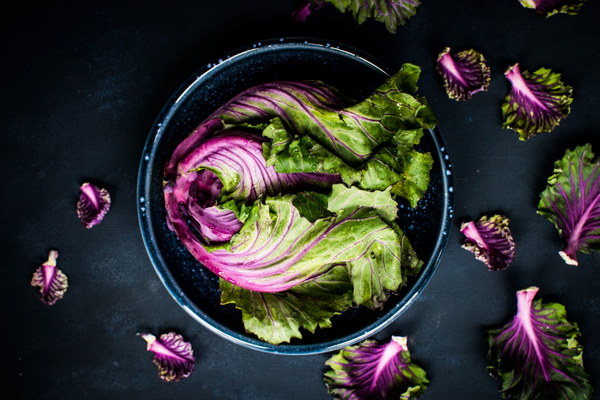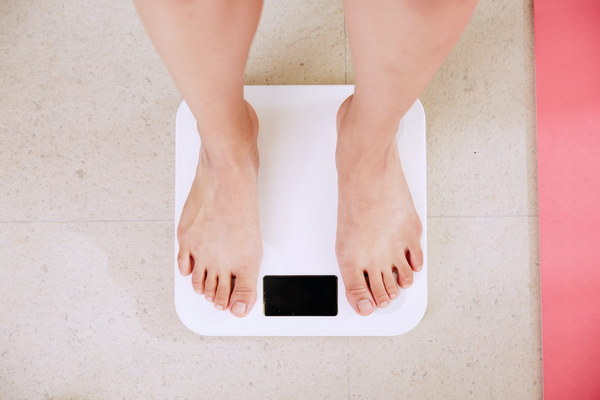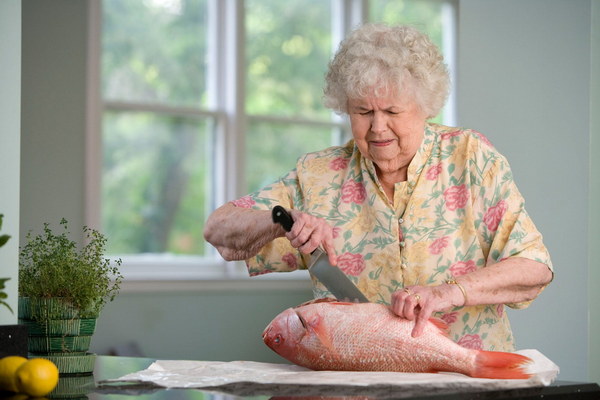PostDazhigu The Essential Guide to Lung Care for the Summer Heat
As the season transitions from the intense heat of Dazhigu to the milder temperatures that follow, it's crucial to shift our focus towards lung health. The heat of Dazhigu, also known as the Great Heat, can be particularly harsh on the respiratory system, making it essential to take proactive steps to nurture our lungs during this period. In this article, we will delve into the importance of lung care post-Dazhigu and provide practical tips to help you maintain a healthy respiratory system throughout the summer.
Understanding the Post-Dazhigu Period
The Great Heat, which falls on July 23rd or 24th, marks the peak of summer in the Chinese calendar. This time of year is characterized by its extreme heat, humidity, and the potential for storms. After Dazhigu, the weather gradually cools down, but the body's systems are still adjusting to the intense heat experienced during the previous weeks.
The Importance of Lung Care Post-Dazhigu
The lungs are particularly vulnerable during the summer, especially after the Great Heat. High temperatures can lead to dehydration, which in turn can cause respiratory problems. Moreover, the hot, humid weather can exacerbate allergies and respiratory conditions such as asthma and bronchitis.
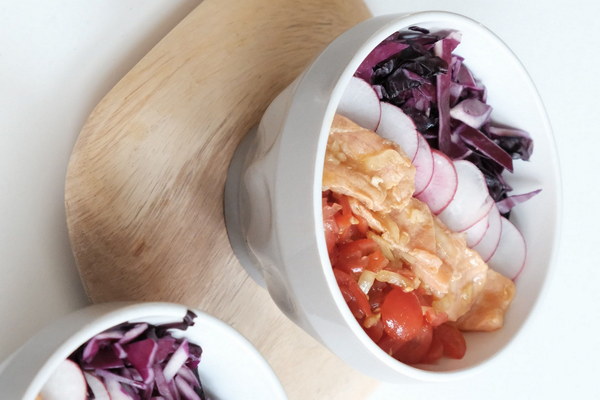
Tips for Lung Care Post-Dazhigu
1. Stay Hydrated: Drinking plenty of water is crucial for maintaining lung health. Dehydration can lead to thick, sticky mucus, which makes it harder for the lungs to expel irritants and pathogens. Aim to drink at least 8 glasses of water per day, and increase this amount if you are sweating more due to heat.
2. Breathe in Fresh Air: Whenever possible, spend time in areas with fresh, cool air. This can be a park, a forest, or simply an air-conditioned room. Fresh air helps to clear the lungs and reduce respiratory symptoms.
3. Avoid Air Pollution: High levels of air pollution can exacerbate respiratory issues. Try to avoid outdoor activities during times of high pollution, and if you must go outside, use a mask to filter out harmful particles.
4. Eat Lung-Boosting Foods: Incorporate foods that are known for their lung-nurturing properties into your diet. These include apples, pears, ginger, garlic, and onions. These foods can help to thin mucus and improve respiratory function.
5. Practice Breathing Exercises: Breathing exercises, such as pranayama or deep breathing, can help to strengthen the respiratory muscles and improve lung capacity. Take a few minutes each day to focus on your breath and practice these exercises.
6. Stay Cool: The body's natural response to heat is to cool down, but excessive cooling can weaken the immune system and make respiratory conditions worse. Aim for a comfortable temperature, not too hot or too cold.
7. Manage Stress: High levels of stress can weaken the immune system, making the body more susceptible to respiratory infections. Practice stress-reducing techniques such as meditation, yoga, or deep breathing exercises.
8. Get Regular Exercise: Regular physical activity can help to improve lung function and reduce the risk of respiratory problems. However, be mindful of the heat and humidity, and avoid exercising outdoors during the hottest parts of the day.
Conclusion
Post-Dazhigu is a critical time to focus on lung health as the body adjusts to the cooler temperatures after the intense heat of summer. By following these tips, you can help ensure that your lungs remain healthy and resilient throughout the summer months. Remember, taking care of your lungs is an ongoing process, so make these habits a part of your daily routine.
